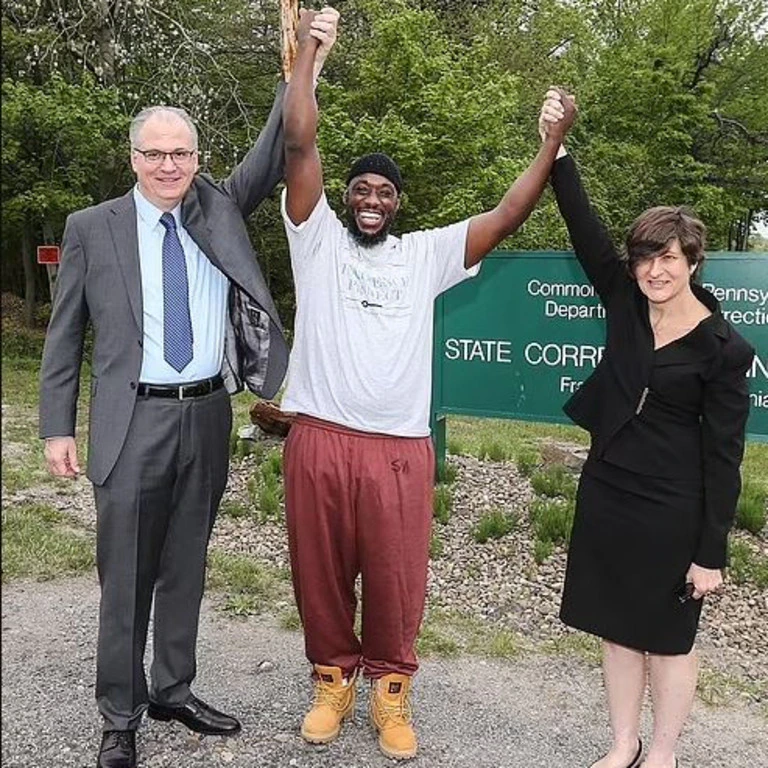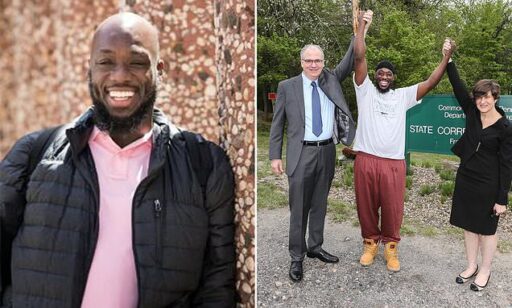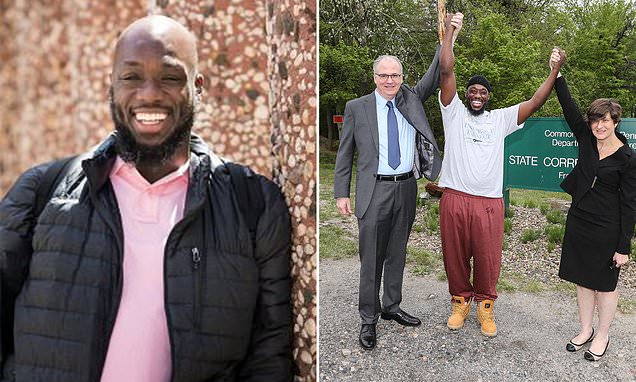If you thought you’d heard it all, think again. A man who spent 24 years in prison for a crime he didn’t commit has just admitted to killing someone else over a drug debt. Yes, you read that right.
From Exoneration to Murder
Shaurn Thomas, 50, was wrongly convicted of robbery and murder in 1990 and spent nearly a quarter of a century behind bars.
But in 2017, his conviction was overturned, and he was finally set free. The Pennsylvania Innocence Project helped secure his release, stating that he was nowhere near the murder scene. Thomas even received a whopping $4.1 million payout from the city for the wrongful conviction.

A New Lease on Life
For seven years, Thomas enjoyed his freedom, even joining a network of locals who had their convictions overturned. But in a stunning turn of events, he’s now confessed to killing 38-year-old Akeem Edwards in January 2023 over a $1,200 drug debt.
A Judge’s Dismay
Philadelphia Judge Roxanne Covington was left gobsmacked by Thomas’ admission. “Are these facts true?” she asked him in court. Thomas simply replied, “Yes, your honor.” He’ll likely spend the rest of his life in jail for the crime.
A Pattern of Violence?
According to reports, Thomas allegedly told his girlfriend that he’d been involved in at least three other homicides. Whether this includes the 1990 murder he was originally sent to jail for remains unknown.
Victim’s Family Speaks Out
Edwards’ loved ones are outraged by Thomas’ actions. “There’s not enough time for them to possibly give him,” his sister, Tyeisha Marshall, said. She described her brother as a genuine and loving father before his murder.
A Non-Profit’s Mission
The Pennsylvania Innocence Project, which helped secure Thomas’ release, has not made a public statement since his admission. Their mission is to exonerate those wrongly convicted, prevent innocent people from being prosecuted, and help those wrongfully convicted transition to freedom.
A Bittersweet Lesson
Thomas’ story serves as a harsh reminder that freedom is not a guarantee of redemption. As we grapple with the complexities of criminal justice, we’re left wondering: can we truly trust those who have been given a second chance?


